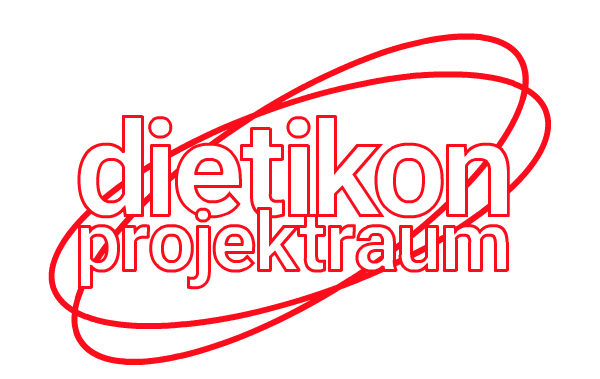FOOD FIELD ASSEMBLIES
a two-course summer menu to stimulate all senses
17 July – 5 September 2021
curated by Dietikon Projektraum with Desirée Hieronimus, Leonie Bremser and Arts of the Working Class
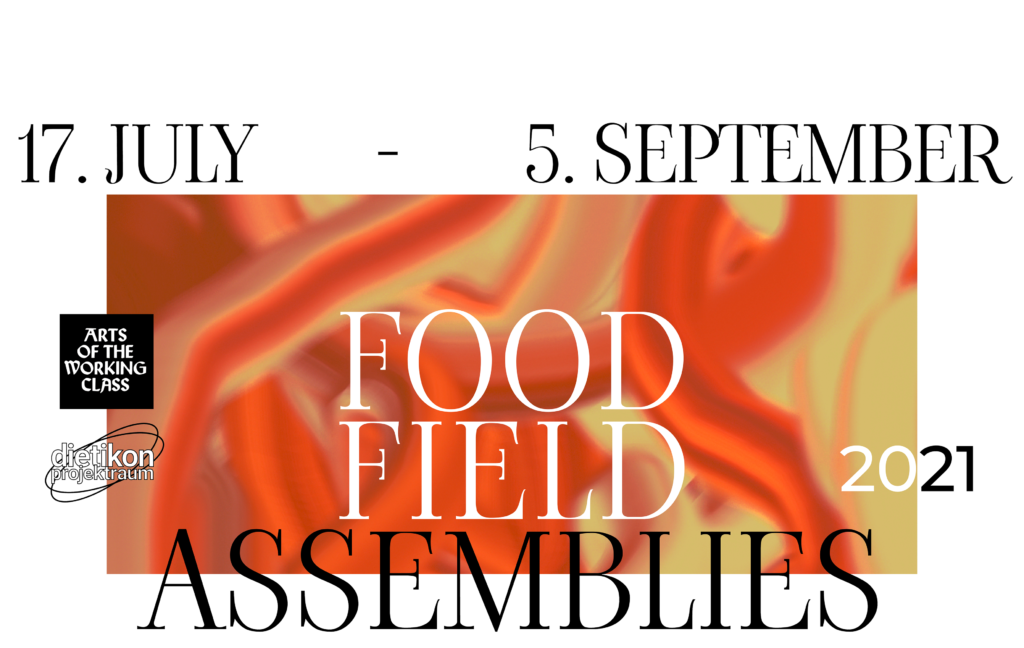
Part I: Bite the hand that feeds you
With: Plantes Sorcières, Andrea Büttner, archival material Ortsmuseum Dietikon, AWC Issues no.14-16; Screenings: Radek Brousil, Kasia Fudakowski, Camille Henrot.
Bite the hand that feeds you is a process-based exhibition and introduces the FOOD FIELD ASSEMBLIES programme at Dietikon Projektraum. It brings together artistic explorations of questions of migratory biographies and speculative politics within the food production chain, exhibiting archival material from the Ortsmuseum Dietikon, combining it with global perspectives of the street newspaper Arts of the Working Class.
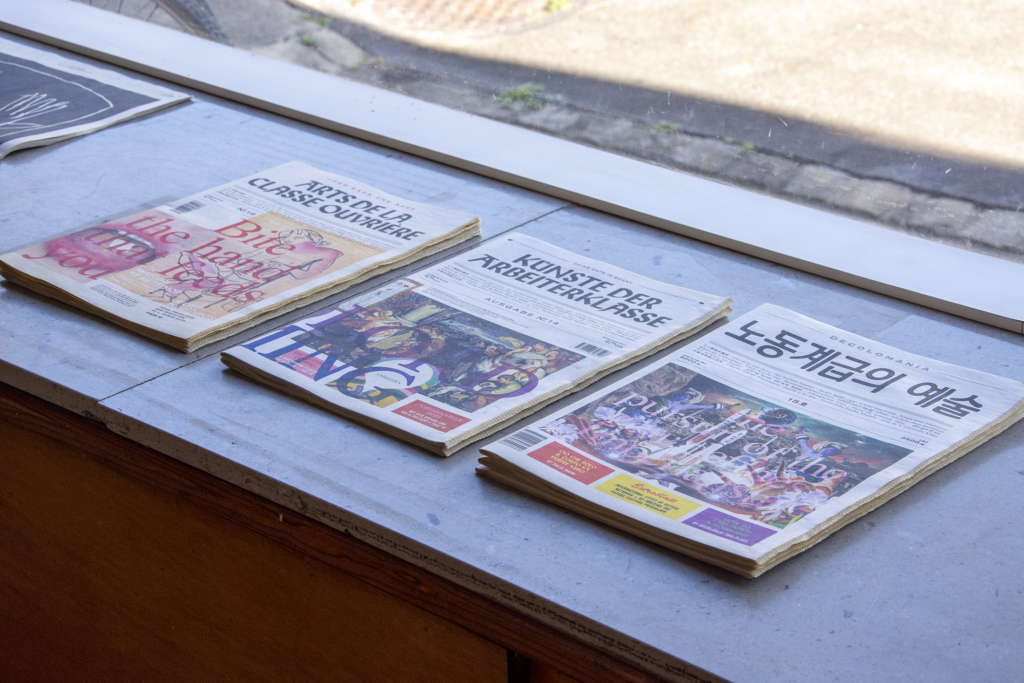
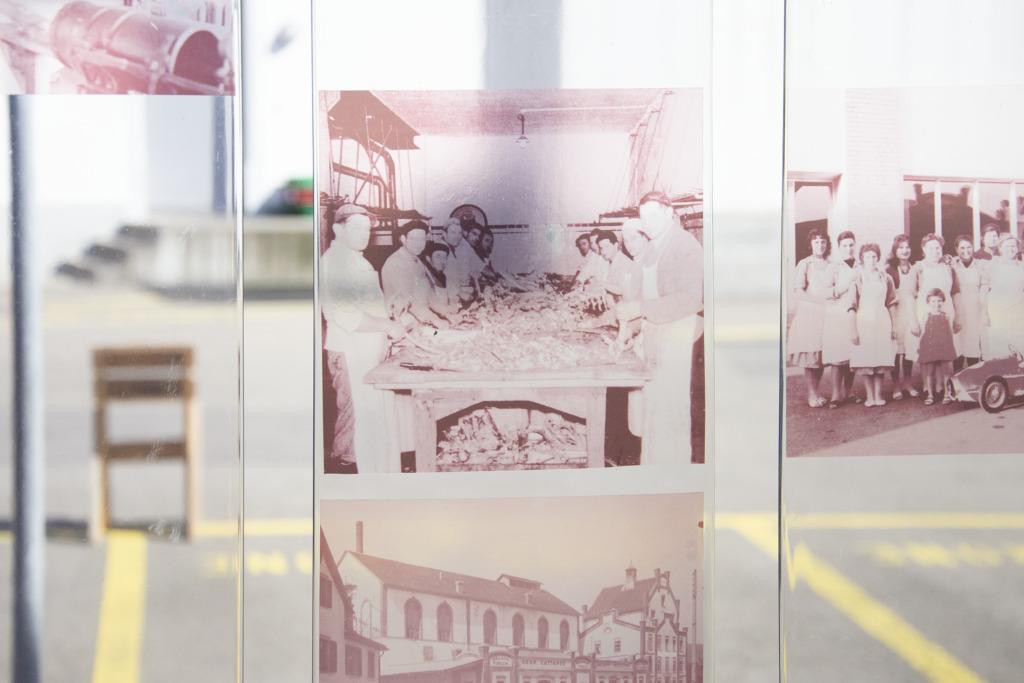
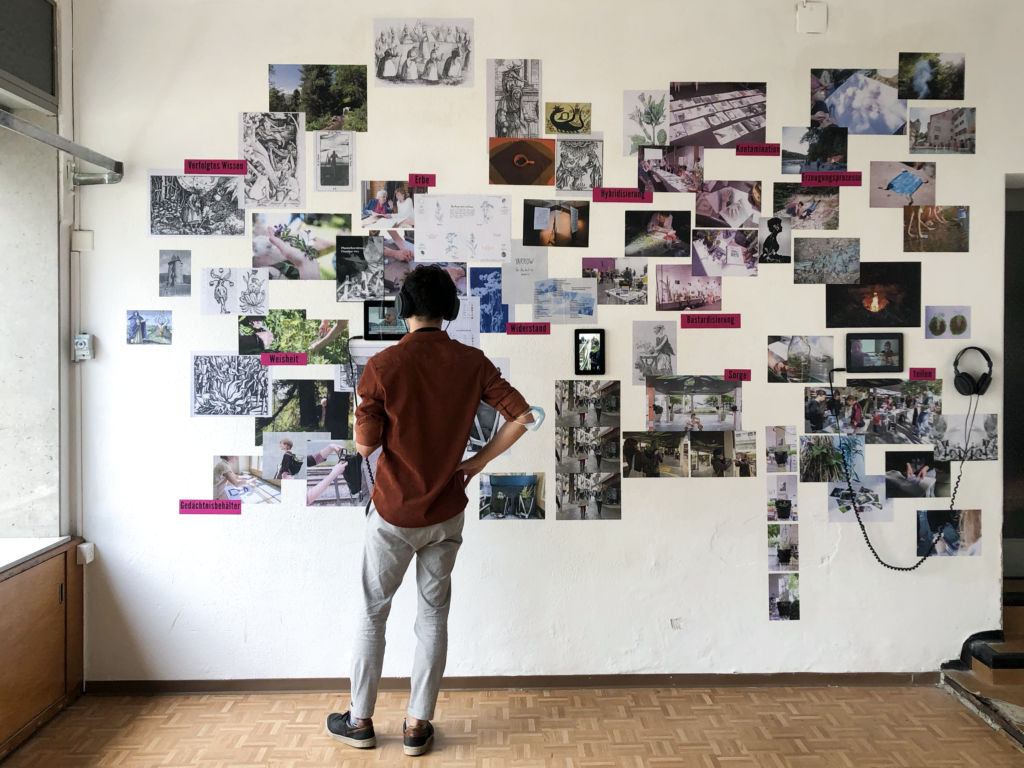
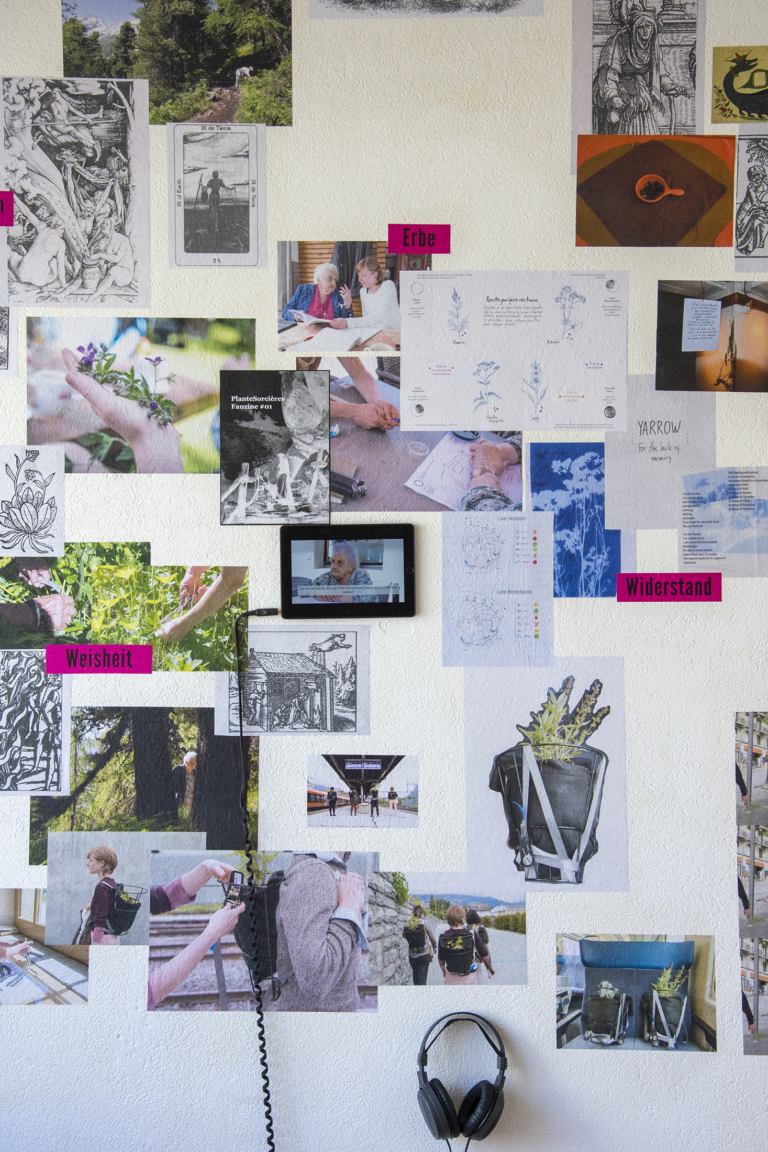
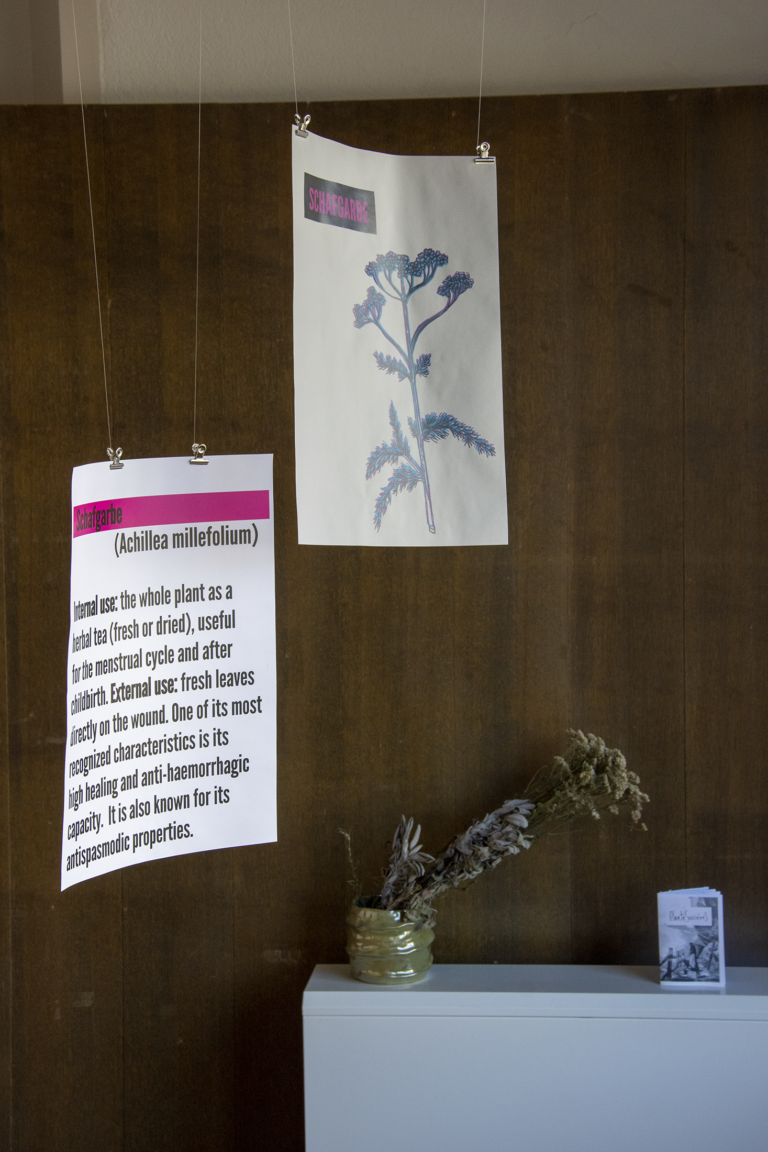
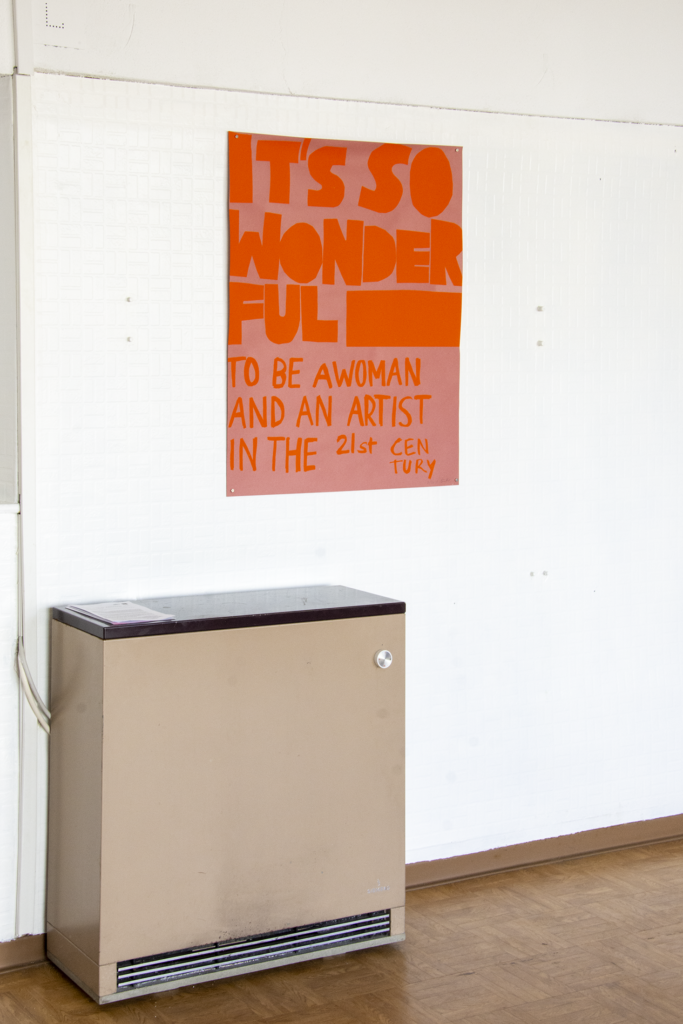
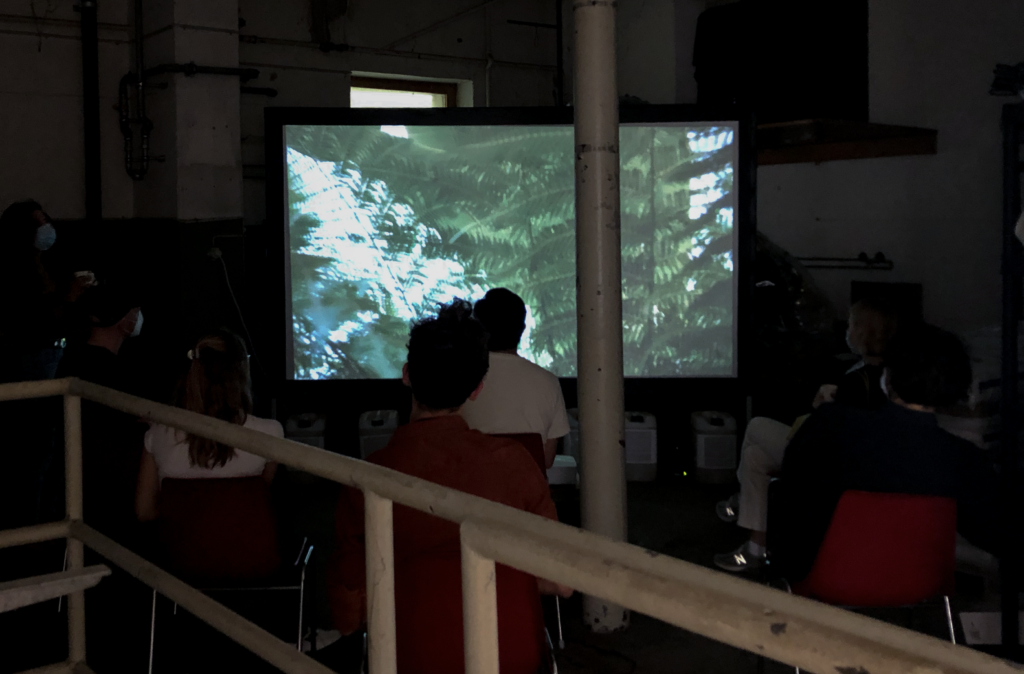
Part II: Doubling the marshmallows
Doubling the marshmallows is a feast for the senses. In workshops, kitchen sessions, and collective walks, we broaden our horizons and look into common futures through artistic interventions. What stories will we tell ourselves in the future? How does sustainable agriculture work? How can we live in solidarity and what influences does global change have on us?
Workshop Programme:
PlanteSorcières, Narrating throughout plants&leaves
Can plants invade a territory? Is it possible to ban a plant? Can we fight against a plant specie? We will engage in a collective session of thinking and discussing about the use of words when speaking about plants and how this is affecting our relation with the so called “natural world” carrying dynamics of power. During the workshop we will try to image different ways of speaking and thinking about plants through a process of collective writing combined with experiments with ecological printing using sunlight and curcuma.
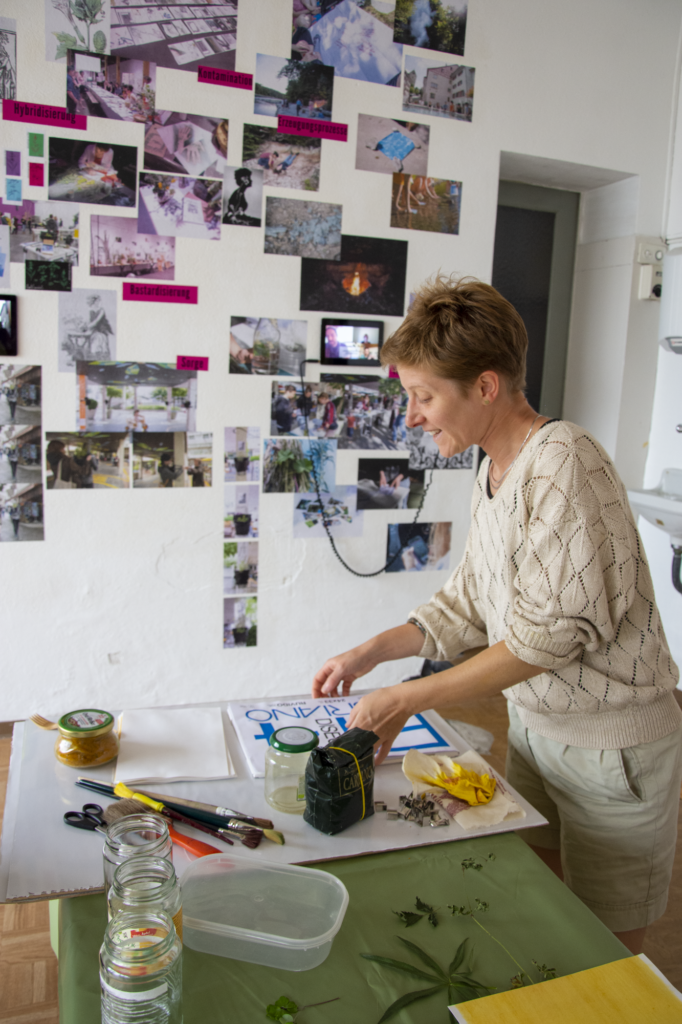
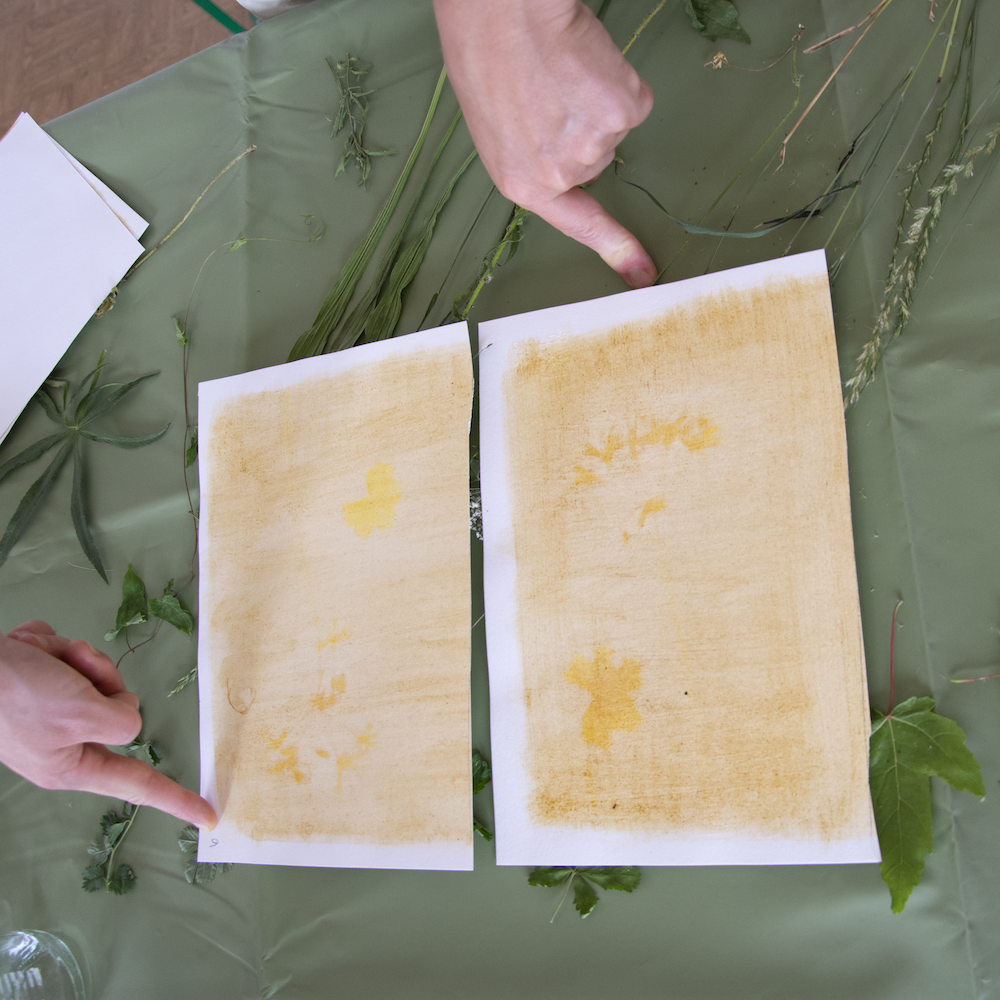
Living Cultures School, COSMO CAFE
This gathering opens a space to discuss and trace back the origins of coffee, one of many fermented foods that we consume on a daily basis around the world. Before it was a drink, in Kaffa (Ethiopia), where it is believed to be its biological and cultural origin, coffee was consumed as a roasted bean, ground and mixed with other ingredients to form small balls that were chewed on the way to accompany long walks in the jungle and in the desert. This is an invitation to share a world shape coffee with us.
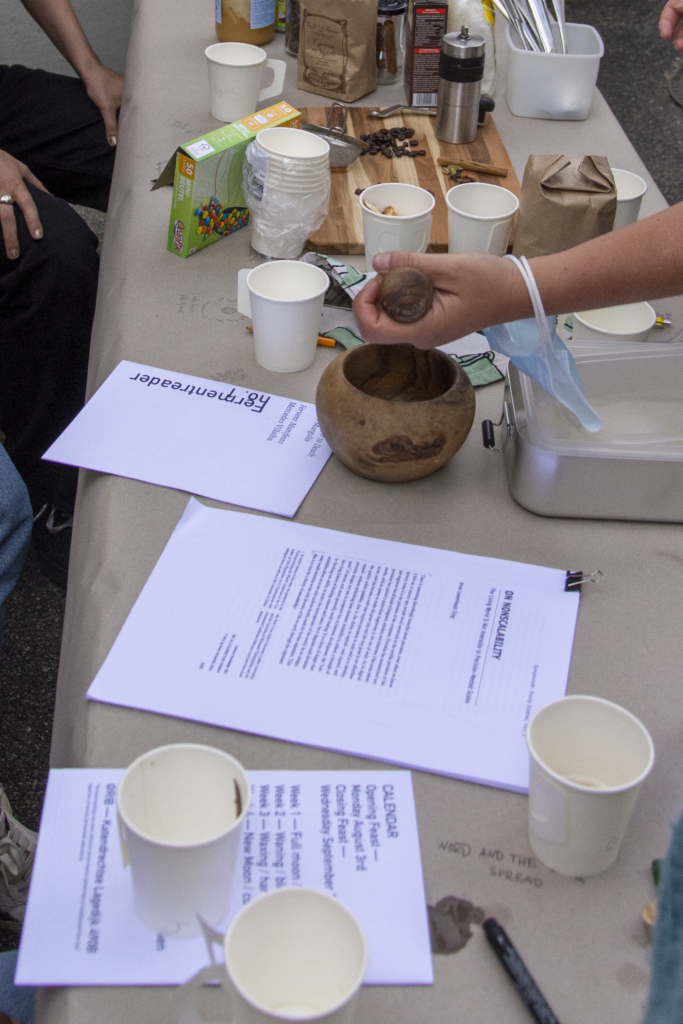
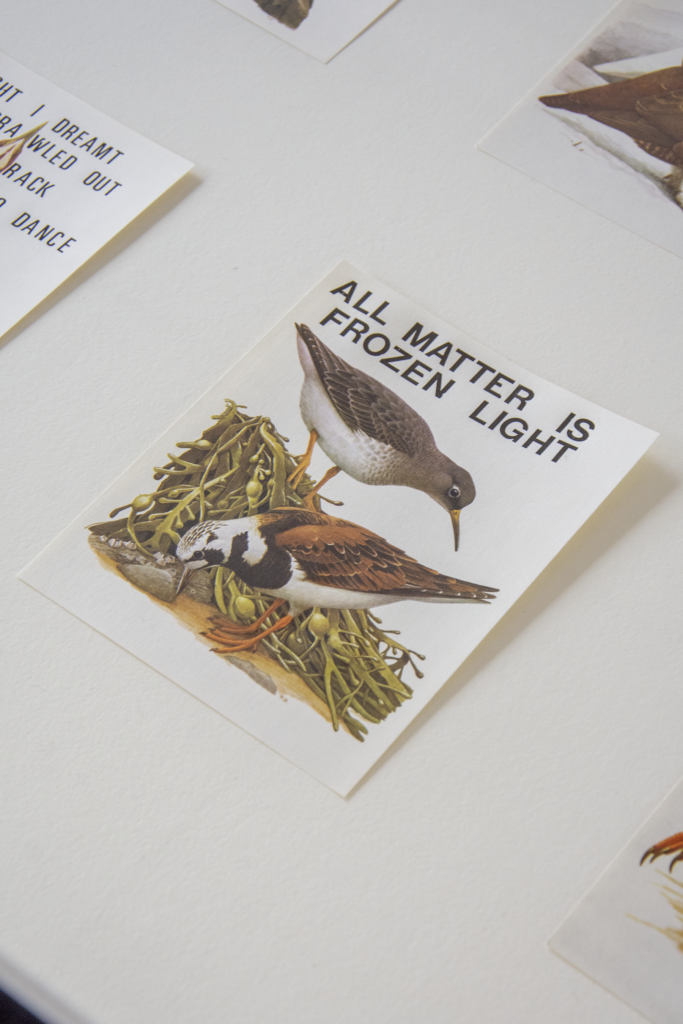
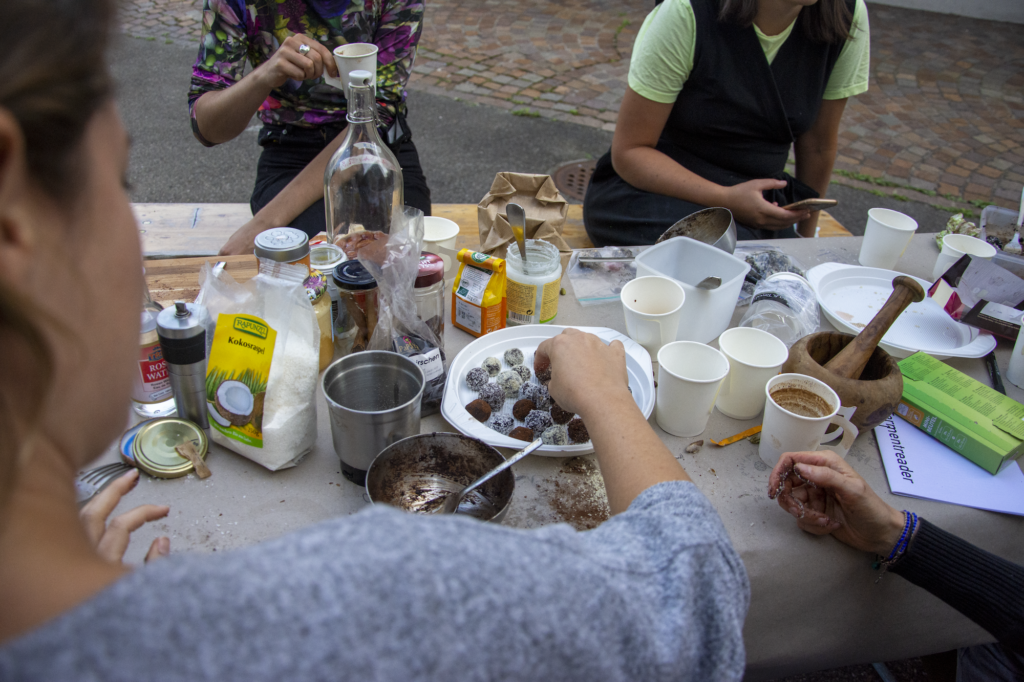
Special thanks and acknowledgements:
Ortsmuseum Dietikon
